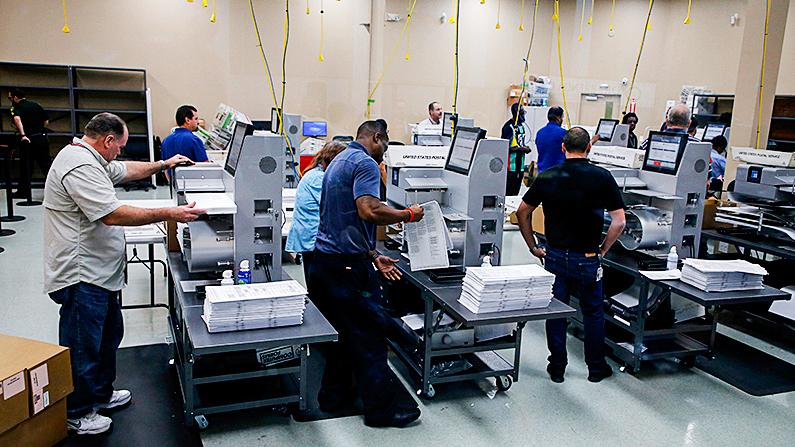On Friday, May 6, a federal appeals court granted Florida’s request to reinstate portions of the state’s election laws, struck down by a district court judge who ruled the measures unconstitutional and discriminatory.
On May 1, 2021, the Republican-controlled state Senate approved SB 90 (pdf), which overhauled Florida election law ahead of the 2022 midterm elections and 2024 presidential election. Gov. Ron DeSantis signed the bill into law May 6, 2021, with immediate effect, strengthening voting rules in the state and establishing the nation’s first Office of Election Crimes and Security at the Department of State.The law was immediately challenged by multiple liberal advocacy groups.





